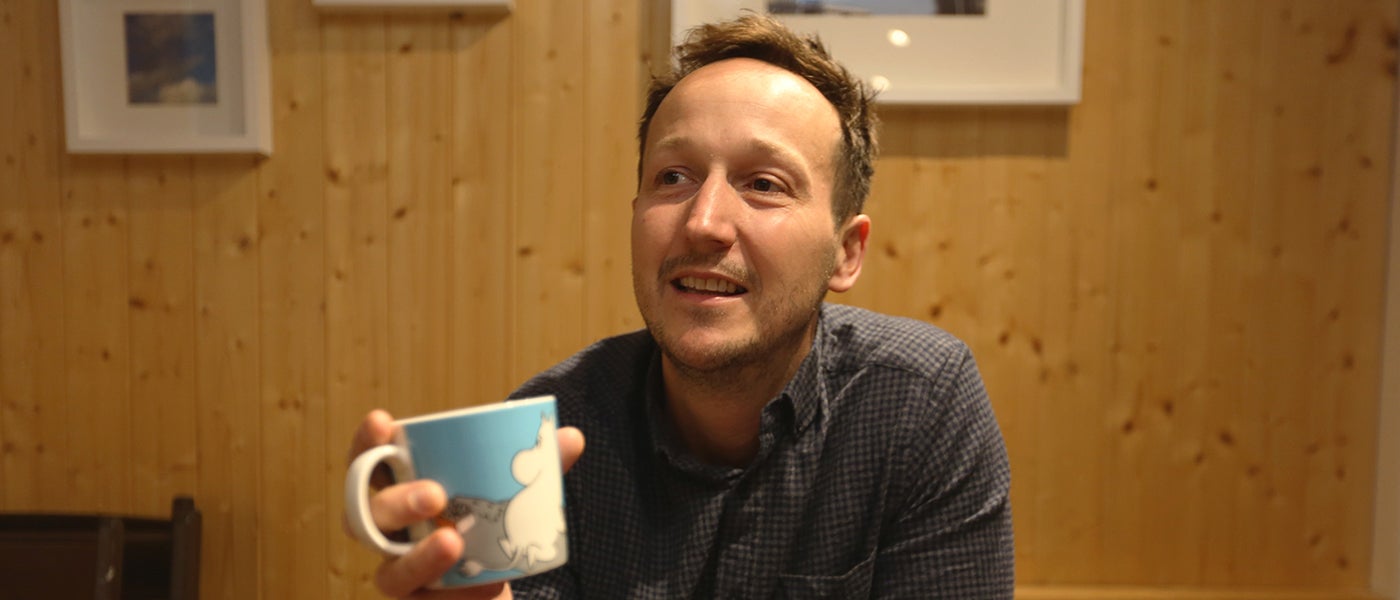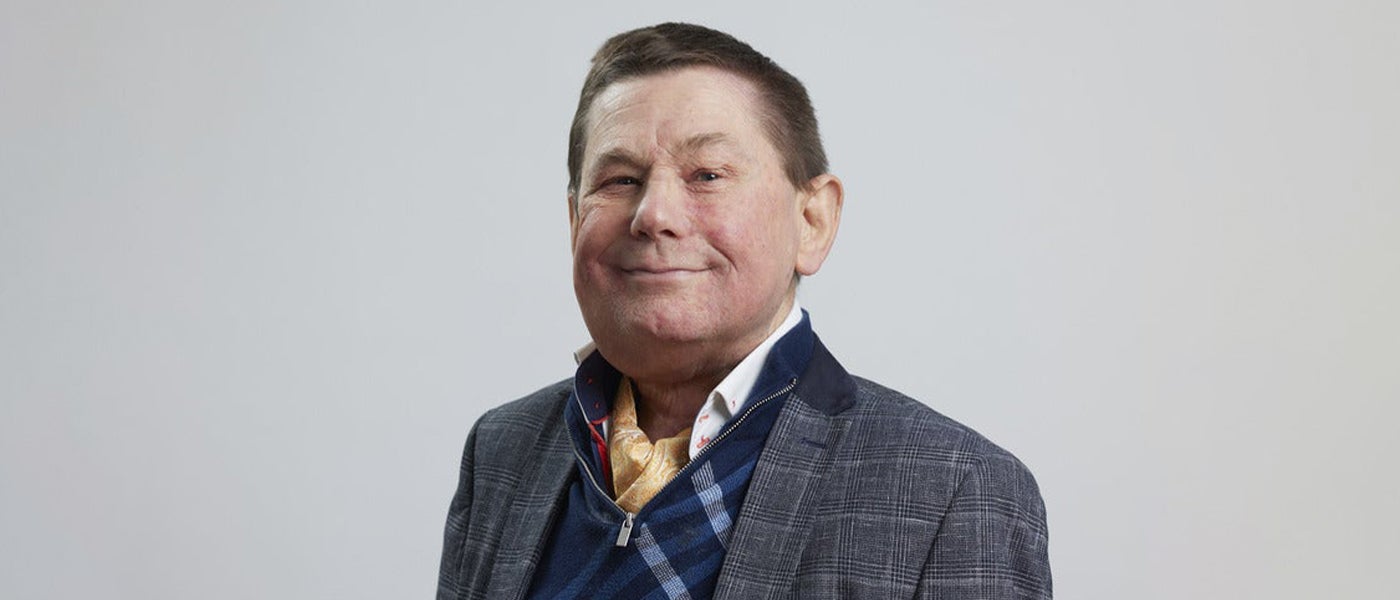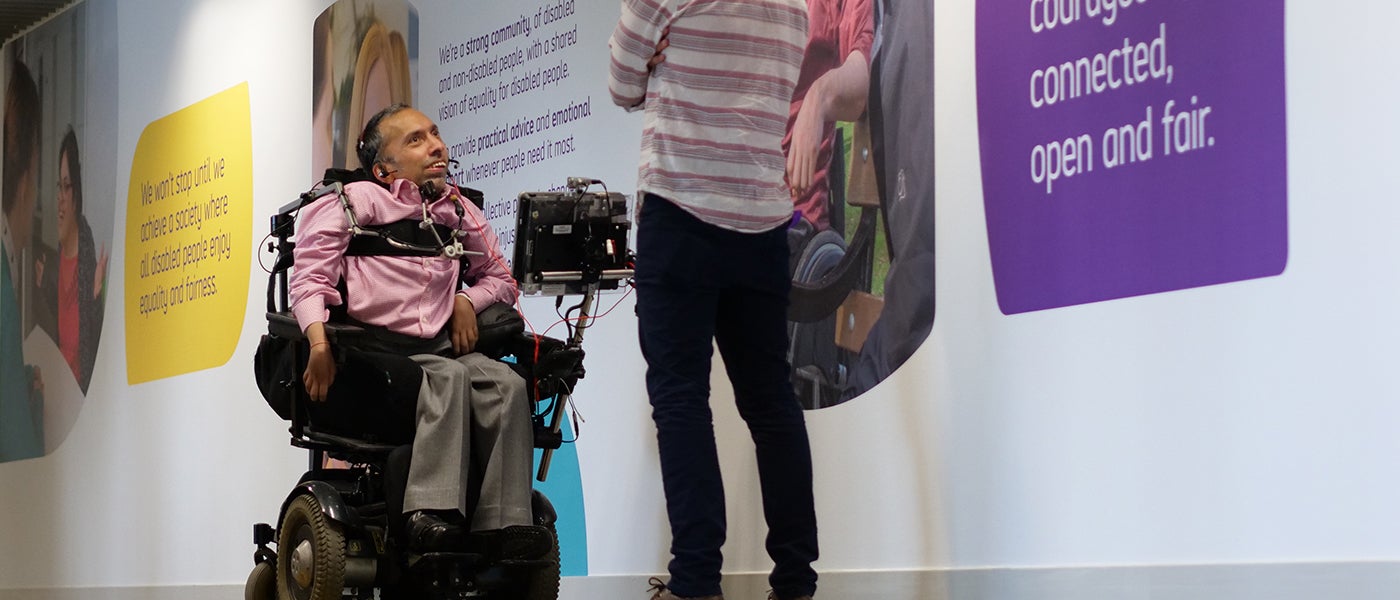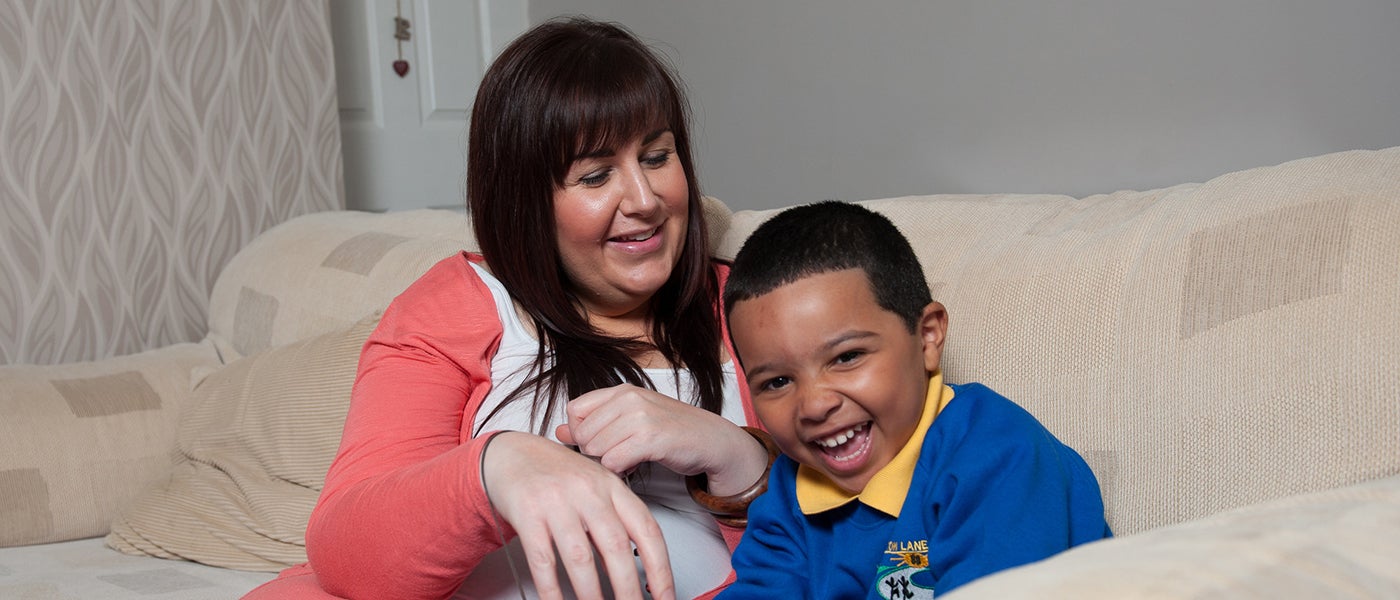- Home
- News and stories
- "I encourage talking about mental health at work."
"I encourage talking about mental health at work."
 17 May 2018
17 May 2018
This year, Mental Health Awareness Week (14 to 20 May) is concentrating on stress. Not only can stressful work environments effect your mental health, if you don’t feel supported, it makes things even harder.
I’ve experienced symptoms of Obsessive Compulsive Disorder (OCD) since childhood, and was formally diagnosed at 25 whilst working as a producer at an independent production company in London.
Talking about my OCD never seemed like an option
Looking back, I think the moment to moment existence of being a freelancer, constantly having to think about your professional reputation in an environment with high staff turnover and time pressures, made talking about my OCD never seem like an option, although sometimes it could be hard to hide from colleagues.
I never took a day off sick, and if anything I think my OCD may have increased my work productivity as losing myself in work could be a distraction from my anxiety. But there is no doubt that being in high pressure work environment could make my symptoms more distressing, which effect my overall wellbeing and personal happiness.
It was during this time that my symptoms intensified, I was experiencing intrusive thoughts and my obsessive behaviour escalated to point where even day to day tasks such as leaving the house were taking up to an hour to complete.
It felt as if I was at a point of crisis. I reached out to some close friends and with their support and encouragement I eventually gained the confidence to visit my GP.
Throughout this, I was still going to work, I didn’t take a day off, and was doing my job.
Unless the ‘old Rich’ came back, my job would end
I lost insight into my OCD day by day and my anxiety levels continually rose. I didn’t receive any support from my colleagues until one day when 2 of my senior managers asked to speak to me.
I was taken into a meeting room and told that they wanted the ‘old Rich’ back. Still terrified to admit I was unwell, I sat through the conversation not able to say a word. The conversation resulted in me being told that unless the ‘old Rich’ came back then my job would end.
There was no sense of compassion or concern, no observation that my behaviour could have been a symptom of my mental health, or that I could have been struggling and unwell. My contract shortly ended and I didn’t work at the company again, not that I wanted to.
Creating a supportive work environment
In 2010, a few years after this experience, I set up my own production company, along with a close friend. The pressure of that can sometimes exacerbate my symptoms but the reward and freedom, and having supportive colleagues that understand the realities of OCD and its effect, has been really valuable.
I think my experience with OCD may have contributed to the kind of work we now specialise in; human interest stories of challenge and triumph.
As an employer, I encourage openness, celebrate diversity and champion difference. I genuinely believe that we are all different, we all have our struggles and creating a supportive work environment not only enriches those we work with but also benefits the work we do.
For help to create a mentally healthy workplace, have a look at the resources on Mind.
If you’re experiencing problems with your mental health, or worried about someone you know, you’re not alone. There are a range of ways to get help.
 17 May 2018
17 May 2018








